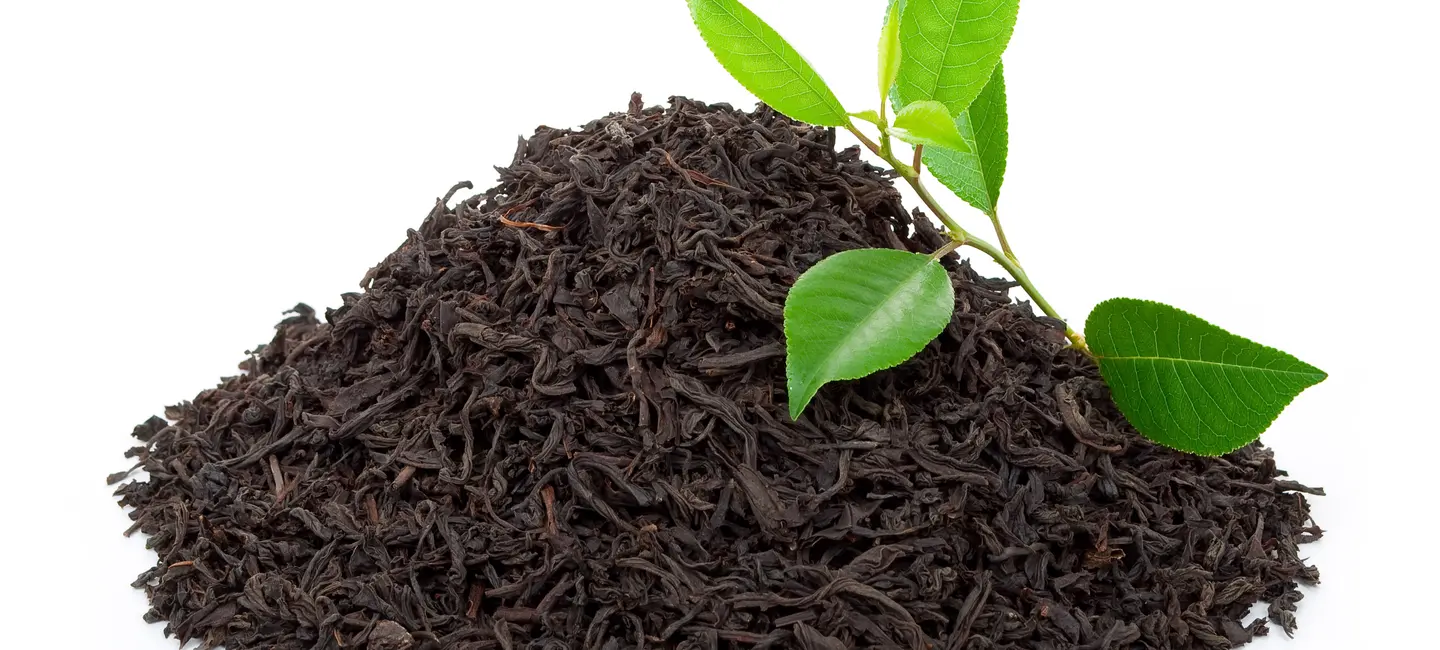
Theaflavin is a chemical in black tea that is formed from fermentation of green tea. It is used as medicine.
People take theaflavin for high levels of cholesterol or other fats (lipids) in the blood (hyperlipidemia), heart disease, obesity, and cancer, but there is no good scientific evidence to support these uses.
Is It Effective?
NatMed Pro rates effectiveness based on scientific evidence according to the following scale: Effective, Likely Effective, Possibly Effective, Possibly Ineffective, Likely Ineffective, Ineffective, and Insufficient Evidence to Rate.
- High levels of cholesterol or other fats (lipids) in the blood (hyperlipidemia).Early research shows that taking a green tea extract with extra theaflavin seems to help reduce cholesterol.
- Heart disease.
- Cancer.
- Other conditions.
More evidence is needed to rate the effectiveness of theaflavin for these uses.
Is it Safe?
Theaflavin has antioxidant, antiviral, and anti-cancer effects in test tube experiments and in animals. Theaflavin might also normalize blood sugar levels. The effects of theaflavin in humans are not well studied.
When taken by mouth: Theaflavin is LIKELY SAFE in the amounts found in brewed black tea. Theaflavin is POSSIBLY SAFE in the amounts found in medicine when used for up to 12 weeks.
Special Precautions & Warnings:
Pregnancy and breast-feeding: There isn't enough reliable information available to know if theaflavin is safe to use when pregnant or breast-feeding. Stay on the safe side and avoid use.
Medications for diabetes (Antidiabetes drugs)
Interaction Rating=Moderate Be cautious with this combination.
Theaflavin might decrease blood sugar. Diabetes medications are also used to lower blood sugar. Taking theaflavin along with diabetes medications might cause your blood sugar to go too low. But more evidence is needed to know if this interaction is a big concern. Monitor your blood sugar closely.
Some medications used for diabetes include glimepiride (Amaryl), glyburide (DiaBeta, Glynase PresTab, Micronase), insulin, pioglitazone (Actos), rosiglitazone (Avandia), chlorpropamide (Diabinese), glipizide (Glucotrol), tolbutamide (Orinase), and others.
Medications moved by pumps in cells (Organic anion-transporting polypeptide substrates)
Interaction Rating=Moderate Be cautious with this combination.
Some medications are moved by pumps in cells. Theaflavin might change how these pumps work and decrease how much of some medications get absorbed by the body. This could make these medications less effective.
Some of these medications that are moved by pumps in cells include bosentan (Tracleer), celiprolol (Celicard, others), etoposide (VePesid), fexofenadine (Allegra), fluoroquinolone antibiotics, glyburide (Micronase, Diabeta), irinotecan (Camptosar), methotrexate, nadolol (Corgard), paclitaxel (Taxol), saquinavir (Fortovase, Invirase), rifampin, statins, talinolol, torsemide (Demadex), troglitazone, and valsartan (Diovan).
Herbs and supplements that might lower blood sugar: Theaflavin might lower blood sugar levels. Taking it along with other herbs that lower blood sugar might lower blood sugar too much. Herbs that might lower blood sugar include devil's claw, fenugreek, garlic, guar gum, horse chestnut, Panax ginseng, psyllium, and Siberian ginseng.
There are no known interactions with foods.
The appropriate dose of theaflavin depends on several factors such as the user's age, health, and several other conditions. At this time there is not enough scientific information to determine an appropriate range of doses for theaflavin. Keep in mind that natural products are not always necessarily safe and dosages can be important. Be sure to follow relevant directions on product labels and consult your pharmacist or physician or other healthcare professional before using.
Teaflavina, Théaflavin, Théaflavine, Theaflavin-3-gallate, Theaflavin-3'-gallate, Theaflavin-3-3'-digallate, Theaflavins.
Information on this website is for informational use only and is not intended to replace professional medical advice, diagnosis, or treatment. While evidence-based, it is not guaranteed to be error-free and is not intended to meet any particular user’s needs or requirements or to cover all possible uses, safety concerns, interactions, outcomes, or adverse effects. Always check with your doctor or other medical professional before making healthcare decisions (including taking any medication) and do not delay or disregard seeking medical advice or treatment based on any information displayed on this website.
© TRC Healthcare 2024. All rights reserved. Use and/or distribution is permitted only pursuant to a valid license or other permission from TRC Healthcare.
